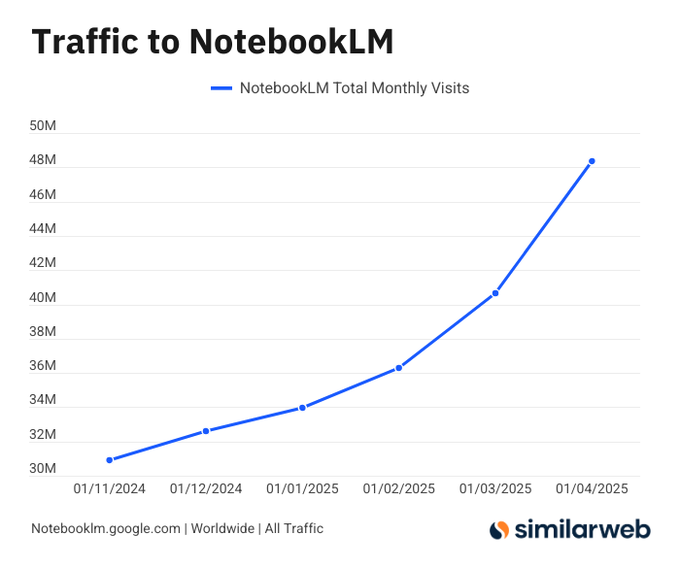Achieving Scotland’s net zero target by 2045 will require “immediate action at pace and scale”, independent experts have told Holyrood ministers.
The Climate Change Committee (CCC) said the country needs to see a “rapid increase” in the number of electric vehicles (EVs) on the roads while the installation of heat pumps must also “accelerate rapidly”.
MSPs also stressed a switch to EVs and alternative heating systems could help Scotland reduce carbon emissions.
But the CCC said: “Getting to net zero by 2045 will require immediate action, at pace and scale.”
Its latest report for the Scottish Government said while the CCC could offer advice, “decisions on the exact pathway and policies within devolved powers are for the Scottish Government and the Scottish Parliament”.
Scotland net zero target
However, the CCC set out a “pathway” for reaching net zero by 2045, saying as part of this the number “fully electric” should increase from about 2.2% of cars and 0.8% of vans in 2023 to “around three-fifths of cars and vans” by 2035, rising again to 94% over the next 10 years.
Two-fifths of homes should be heated by low-carbon electric systems by 2035, it added, saying the “majority” of these would be heat pumps, with this then rising to 92% of properties by 2045.
To achieve this, the CCC said that “annual heat pump installations in existing homes will need to accelerate rapidly, reaching nearly 35,000 by 2030”.
However, it stressed this “rapid increase in installation rates is feasible”, although it said “immediate policy support” would be needed.
 © Wilfried Wirth/imageBROKER/Shutt
© Wilfried Wirth/imageBROKER/ShuttThe CCC also said it was “disappointing” Scottish Government plans to require heating systems to be converted to low-carbon technologies after a property sold “have been abandoned” by ministers as they revamped the Heat in Buildings Bill.
“Electric technologies are now the clear low-carbon choice in many areas,” the CCC said.
“Technologies such as heat pumps and electric vehicles (EVs) are available today, and could be deployed rapidly, provided the right incentives are in place.”
While the number of public EV charge points is already 7% higher per person in Scotland than the UK average, ministers were told the number of chargers would “need to continue to increase in line with EV uptake”.
Scotland carbon budgets
With the changes relying on a switch away from fossil fuels to electricity, the CCC stressed the importance of “making electricity cheaper”.
It said this was a “key recommendation” already made to the UK Government – but said action on this “will be essential to delivering Scotland’s targets, in tandem with action by the Scottish Government”.
The comment came as the CCC published its suggested carbon budgets for the Scottish Government to adopt.
Ministers pledged to introduce carbon budgeting in the wake of the decision last year to scrap the interim target of cutting emissions by 75% by 2030 – with this said to be “out of reach”.
The CCC is now proposing the Scottish Government should have carbon budgets where the annual average emission levels are 57% lower than 1990 levels for the period 2026 to 2030, with this rising to 69% for 2031 to 2035, 80% for the period 2036 to 2040 and then 94% lower for 2041 to 2045.
Interim CCC chair Professor Piers Forster said: “Scotland’s new system of carbon budgets will help guide the action we need to get to net zero by 2045. We’re delighted to be able to present a good news story about how Scotland can decarbonise.
“But we do need to see action now.
“The Scottish Government has devolved powers to deliver the necessary emissions reductions in key sectors, particularly buildings, surface transport, agriculture, and land use. We encourage them to exercise these powers as quickly and fully as possible.”
Scottish government ‘needs to take action’
Claire Daly, head of policy and advocacy at WWF Scotland said: “Today’s advice from the Climate Change Committee (CCC) to the Scottish Government should be a light-bulb moment that it needs to take action, and it needs to take it now. ”
She added that measures such as the switch to heat pumps and improved support for nature-friendly farming practices were “not new ideas”, adding: “Over recent times we’ve failed to see the ambition and momentum needed in both sectors.”
Jamie Livingstone, head of Oxfam Scotland, said: “Scotland’s climate action so far has been too slow, too shallow and too soft on polluters and that’s got to change.
“To stick within these proposed carbon budgets we must swap delay and dither with proper investment in warm homes, sustainable travel and green jobs.”
Acting Net Zero Secretary Gillian Martin said the government would “carefully consider the committee’s advice before bringing forward regulations to set carbon budget levels for Scotland”.
Ms Martin said: “The carbon budgets proposed via secondary legislation must provide an achievable pathway to net zero in 2045 – one which delivers better health outcomes, puts more money in people’s pockets, and leaves no workers behind.
“That is the approach the Scottish Government has always taken and measures announced in our Programme for Government, like abolishing peak rail fares for good and delivering 24,000 additional public electric vehicle charge points by 2030, will contribute to that.
“That will be followed by a new Climate Change Plan, outlining our policies and proposals for reducing emissions between 2026 and 2040. This will be brought forward shortly after the carbon budget secondary legislation has been approved.”




















